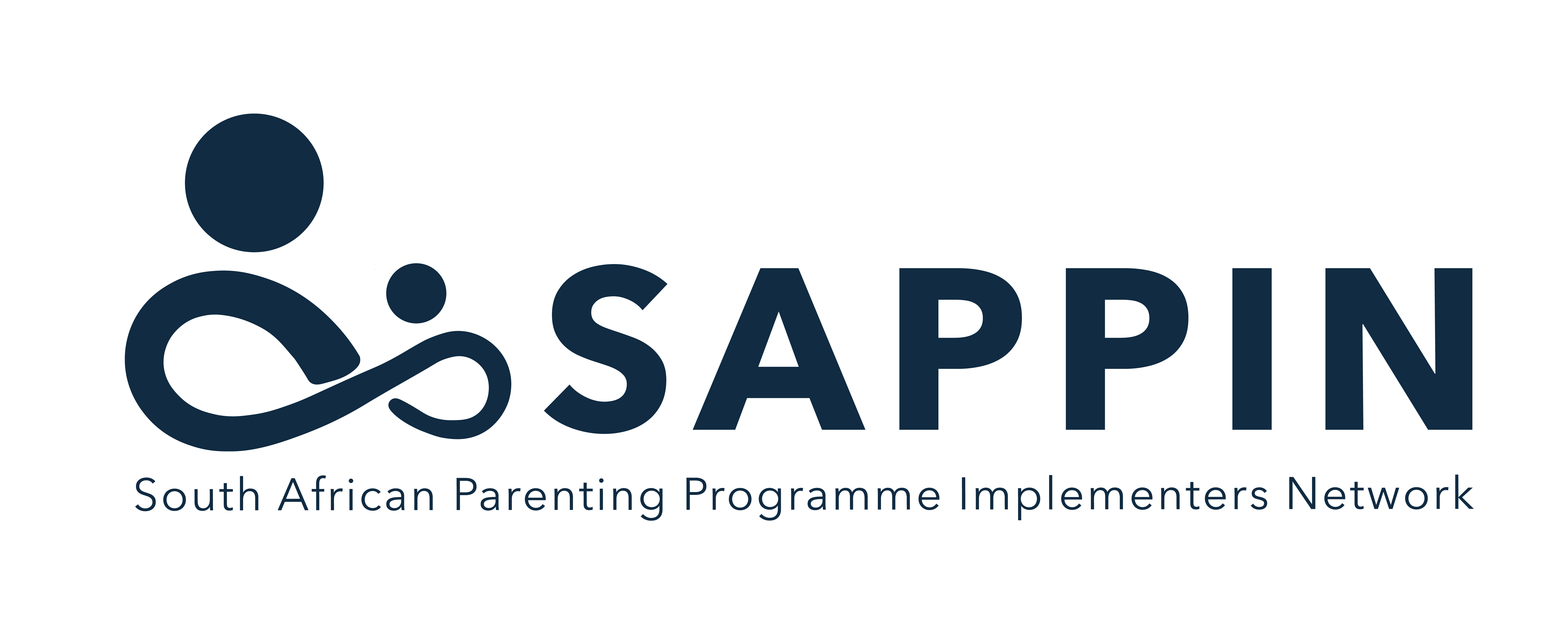

The Ikamva Labantu Story
In the early 1960s, Helen Lieberman and other courageous activists responded to the unjust conditions of South African Apartheid by setting up survival initiatives in the Western Cape. This led to a groundswell of similar initiatives being established in other parts of the country. Over the decades, this work expanded in many different fields, including early childhood development, disability care, foster homes, shelters, elderly care, economic empowerment, food security and youth development. In 1992, the coordination of these initiatives was formalised and Ikamva Labantu, meaning “Future of The People”, was launched as a non-governmental and non-profit organisation.
Today, Ikamva Labantu works throughout Cape Town’s township communities towards a more just society where human rights can be fully actualised. Ikamva Labantu’s work focuses on early childhood development, the wellbeing of older persons and afterschool initiatives that keep children safe and off the streets.
Ikamva Labantu aims to create sustainable socio-economic change within Cape Town’s township communities.
Early Childhood Development (ECD) Programme
The first years of a child’s life form the foundation upon which they build their future. Millions of children in Cape Town’s township communities do not have access to quality early education.
The ECD programme trains community principals and practitioners in best-practice techniques and supports them with educational equipment and learning materials so that they can implement their learnings at their preschools.
More than 400 community preschools are assisted with registering with the Department of Education to run successful and effective operations that serve their communities well. This process allows them access to government subsidies.
Older Persons Programme
Cape Town’s elderly need urgent support. Many older people live on their meagre pension of R1,980 per month, which usually supports their large extended families. They face social, health and financial challenges and are often subject to abuse, neglect and isolation.
Through the network of Ikamva Labantu’s 21 Seniors’ Clubs, active ageing is promoted and a
supportive environment is created for older people. Health and psychological support, daily
nutritious meals, income-generating activities, home-based care and assistance with applying for government grants is provided. Umelwanes, ‘neighbourhood friends’, find and visit those too frail to attend the clubs. More than 1800 older people age with dignity every year.
Child, Youth & Parenting Programme
Afternoon Angels is a community initiative, supported by Ikamva Labantu, that aims to keep school children safe and off the streets after school. A group of 30 women have opened their homes to local children to provide a place of safety where they can receive a nutritious meal, emotional support, and a space to play with stimulating fun activities, while they wait for their guardians to return from work. This initiative helps to keep children away from the dangers of crime, gangsterism and substance abuse that they may otherwise be exposed to on the streets. Afternoon Angels currently reaches over 1600 children and Ikamva Labantu assists the mamas with food, resources and support.
Youth
Young people are engaged as Safety Marshals on a stipend basis to assist Afternoon Angels children’s sporting activities, thereby giving them an employment opportunity, training and capacity building in working with children in sport.
Ikamva Labantu works in partnership with Communiversity of South Africa, a community-based, four-month, high-impact educational enterprise, designed to prepare unemployed youth from high-risk communities to enter tertiary education (and some into employment) on the way to economically relevant and personally satisfying careers. Youth are enrolled three times in a year and are assisted with college placements and NSFAS applications for funding.
Parenting
Our ‘parenting for lifelong health of young children’ is a family strengthening programme that seeks to learn from the beneficiaries and builds on the community’s knowledge. We understand the family dynamics in the communities we work in – where most children are being raised by a caregiver and not necessarily their biological parent. The goal is to reduce the risk of child maltreatment and improve child behaviour through helping parents develop the skills to establish positive relationships. We aim to promote nurturing, happy, healthy and supportive families.
All programmes are supported with food and by the Ikamva Labantu Health and Family Services.
Vision
Communities where people thrive
Mission
To work with active community leaders by following their direction, acknowledging their ownership and providing access to resources and opportunities.
Sustainability
Ikamva Labantu employs over 120 community-based staff who work with people daily to alleviate the unrelentingly harsh conditions that they face. We believe in the power of collaboration and often enter into partnerships with other NGOs and community-based organisations. A large and diverse donor base is the enabler behind the programmes and service centres which are well established within the communities that we serve. With the collective power of our donors’ support, the programmes will expand and strengthen to meet the growing need for critical services. The centres have been designed so that the infrastructure allows for the expansion of Ikamva Labantu’s operation when the opportunity arises.